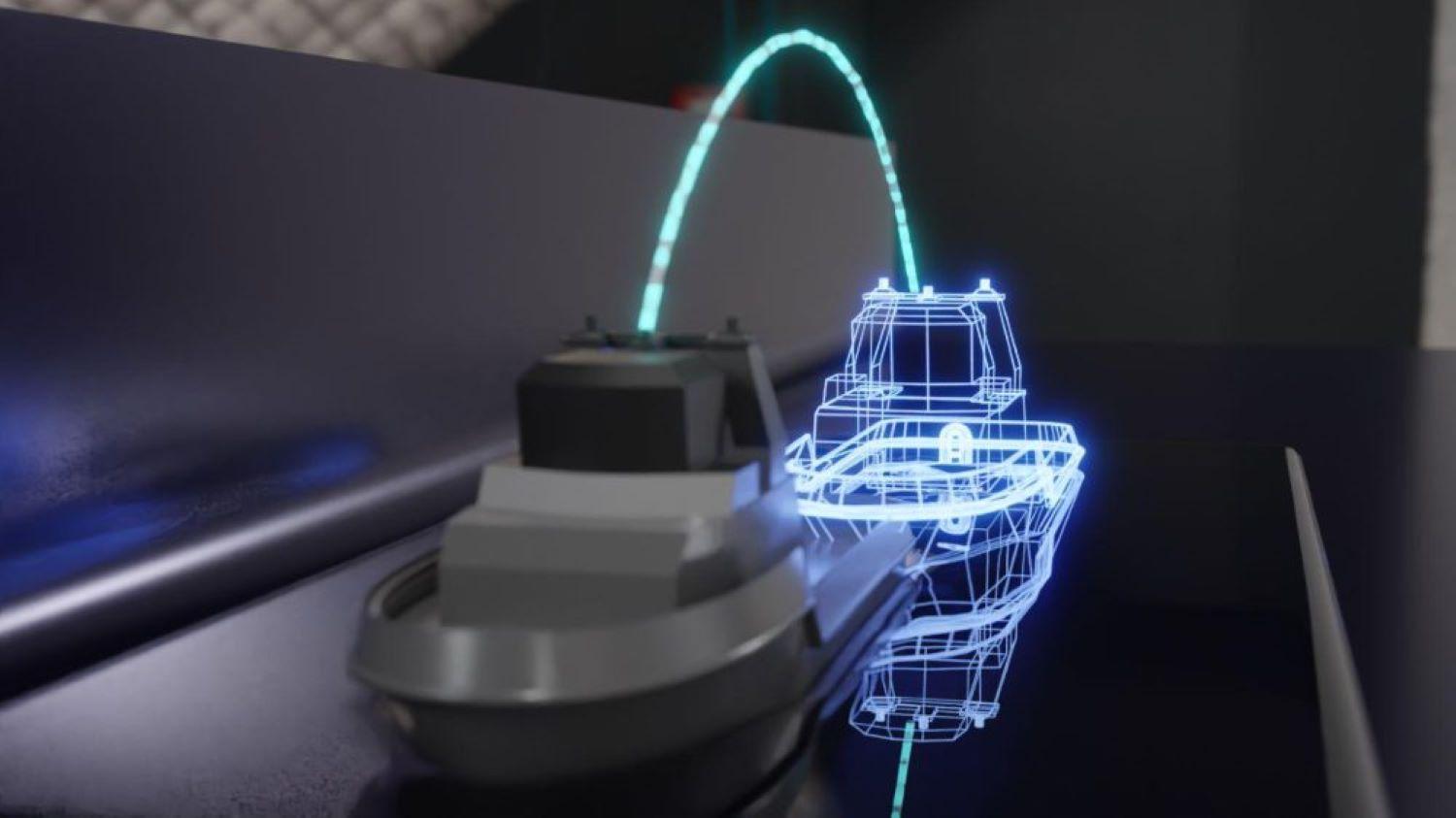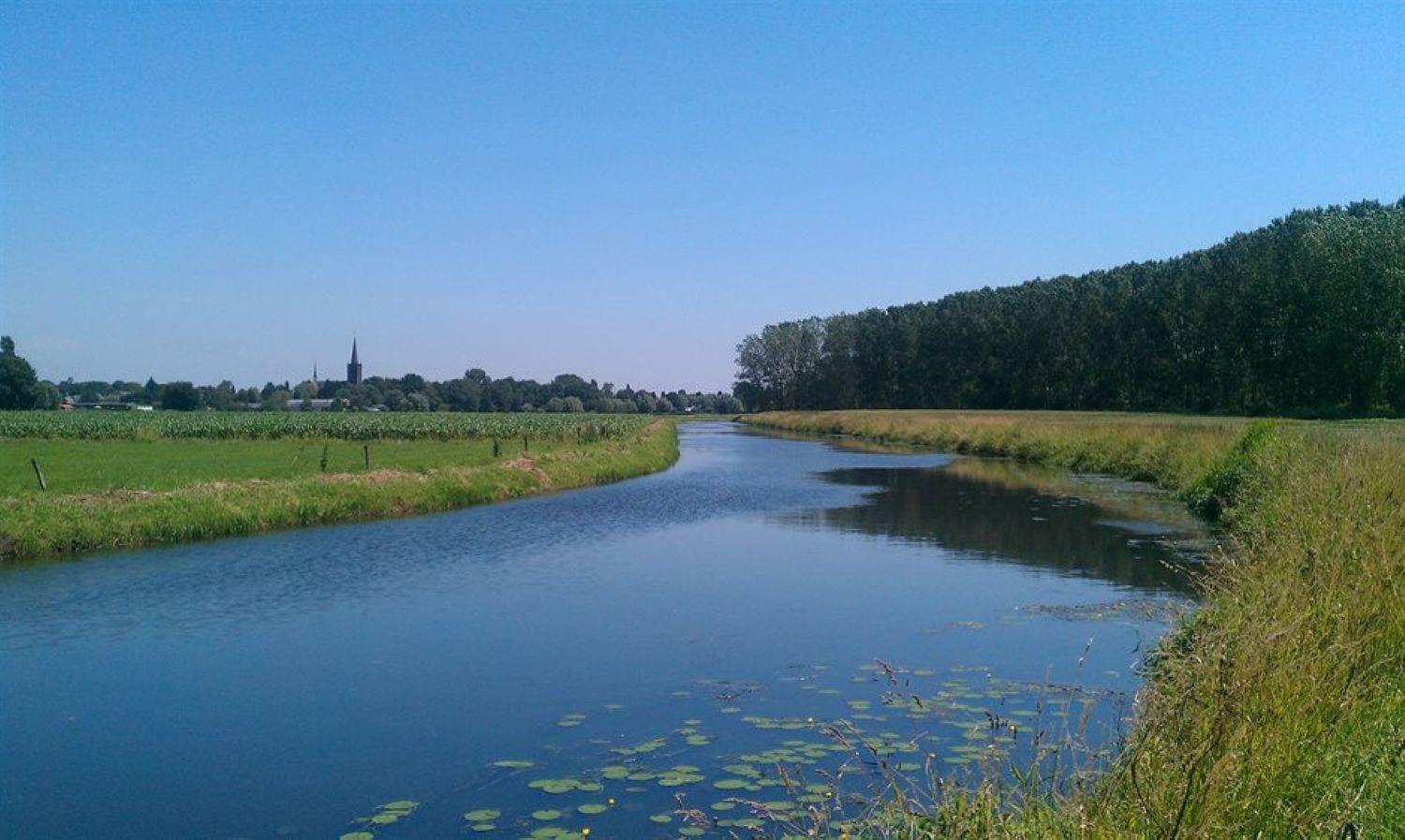Stewardship of nature: urgency of water resilience
Healthy ecosystems, including water and subsurface, are vital for our existence and defense against climate change, overexploitation, and pollution. As climate change accelerates, these systems face unprecedented challenges. Deltares empowers stakeholders with insights to preserve and restore aquatic habitats and soil health, contributing to Dutch missions and Sustainable Development Goals.

We have advanced knowledge in water and subsurface management and system health through innovative technologies like digital twins and remote sensing. For example, our research on detecting ocean plastic pollution provides critical insights for stakeholders, including local governments and NGOs, enabling informed decision-making. We collaborate with partners such as the European Space Agency to enhance our impact. Various monitoring techniques and models, including Delft3D, are deployed to simulate hydrodynamic, chemical and biological processes in surface waters.
Sustainable water solutions
Our initiatives aim to improve water and subsurface health and resilience, contributing to broader environmental goals and fostering sustainable practices across communities. The expected impact includes enhanced biodiversity and effective resource management, ultimately addressing pressing environmental challenges and promoting sustainable use of resources. An example of a sustainable solution that is implemented, is the reed bed for treating water at a soil remediation site in Barneveld, the Netherlands, that makes neighbourhoods greener.
Building partnerships
To implement effective water management strategies, Deltares actively collaborates with a diverse range of stakeholders, including governmental bodies, NGOs, and academic institutions. For instance, our collaboration with the European Space Agency (ESA) in our Atlantic Basin experimental research facility has been instrumental in developing space-based technologies for monitoring ocean plastic pollution. Our work on detecting ocean plastic pollution using remote sensing technologies provides critical data for stakeholders, enabling them to make informed decisions about resource management..
By leveraging our collective expertise, we increase the likelihood of achieving sustainable outcomes, ensuring communities have access to clean and safe water. In the test, a first step is taken towards application by end users. Eventually, this knowledge will be used to get a better grip on where plastics are located primarily in the water and subsurface system, so that more effective clean-up operations can be undertaken.
Advancing Digital Twin technologies
Deltares employs cutting-edge technologies, such as Digital Twins, to enhance water management practices. These tools enable real-time monitoring and predictive modelling, allowing us to assess the health of water bodies and their ecosystems. These Digital Twins make significant contributions to understanding the dynamics of water systems. Their digital representations allow us to analyse natural signals and simulate various management scenarios. Digital Twins are almost always multidisciplinary and sometime transnational.As integration is one of the key characteristics of Digital Twins as described in our Digital Twins Position Paper. One example of a multidisciplinary, transnational digital twinning project is EDITO ModelLab. The project aims to lower the threshhold for stakeholders to use marine data and processing tools. Within the international consortium Deltares focuses on creating Digital Twins of the North and Wadden Sea, facilitating offshore aquaculture and biodiversity restoration. The techniques offered are both numerical and AI-driven.

Enhancing climate resilience
To enhance the likelihood of successful outcomes, Deltares employs a multi-faceted approach that combines stakeholder engagement, rigorous data collection, and the use of advanced modelling techniques. For example, in the SpongeScapes project, we assess the effectiveness of Nature-based water retention measures across various landscapes in Europe.By involving local stakeholders in the co-design of these measures and providing objective information on the impact of selected solutions during discussions, we ensure that the solutions are tailored to specific community needs, thereby increasing the likeliness of implementation and enhanced climate resilience of the landscape. An example of the uptake of knowledge is the collaborative GeoDesign workshops and field visits in the case study area of Water Authority Aa and Maas. The knowledge partners and the local authorities actively share knowledge on the sponge effect in the area and how to improve it. They jointly map the impact of different sponge measures on sponge functioning in the area, and search for future scenarios for improving sponge action in the area.

Sponswerking
Een voorbeeld van deze aanpak zijn de GeoDesign workshops en veldwerkbezoeken in het case study-gebied van Waterschap Aa en Maas en Waterschap Vechtstromen. De kennispartners en de lokale overheden delen hier actief kennis over de sponswerking in het gebied en hoe deze te verbeteren. Ze brengen gezamenlijk het effect van verschillende maatregelen op de sponswerking in het gebied in kaart en zoeken naar toekomstscenario's om die te verbeteren.
Door deel te nemen aan SpongeWorks brengen we de praktijk samen met onderzoeksmogelijkheden en het kennisveld van Deltares. Hierdoor krijgen we meer inzicht hoe effectief de maatregelen zijn die we nemen. Tegelijk kunnen we goede voorbeelden overnemen uit het buitenland die hier ook effectief kunnen zijn.
Stef Fortkamp, stroomgebiedbeheerder Overijsselse Vecht bij waterschap Vechtstromen


